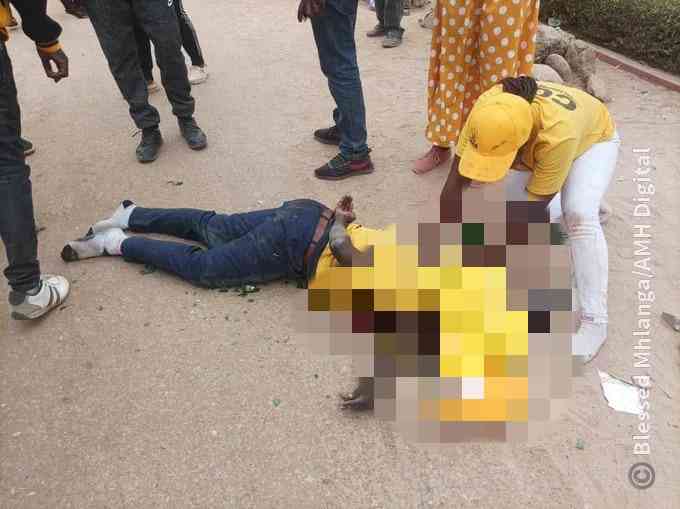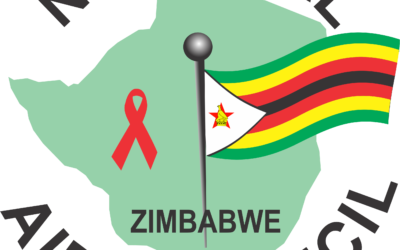
ZIMBABWEAN authorities are in fire-fighting mode as the resurgence of political violence has dimmed prospects of free and fair polls on August 23.
The violence reached a nadir on Thursday last week when a Citizens Coalition for Change supporter Tinashe Chitsunge was allegedly murdered by suspected Zanu PF supporters in Glen View.
The police say about a dozen suspects have been arrested while investigations are underway, the famous cliché it uses whenever perpetrators appear to be from the governing Zanu PF.
Last week’s sad event mirrors other gruesome episodes that have been experienced in Zimbabwe in the run up to elections.
The 2018 polls, which would have turned out to be one of the most peaceful plebiscites, could not escape the violence when six people were shot in Harare after a demonstration over delays in releasing the election results.
A commission of inquiry chaired by former South African President Kgalema Motlanthe was appointed to investigate the circumstances leading up to the riot, the conduct of the police and army in suppressing the protests.
The commission recommended, among others, the compensation of victims of violence, and dependants of the deceased. No one has been compensated, five years on.
Back to the Glen View murder: The resurgence of political violence comes despite President Emmerson Mnangagwa’s assurance to the international community that Zimbabwe will hold a free, fair and credible election as part of “housekeeping issues” under the arrears clearance and debt resolution process.
- Chamisa party defiant after ban
- Village Rhapsody: How Zimbabwe can improve governance
- News in depth: Partisan police force persecutes opposition, shields Zanu PF rogue elements
- Chamisa chilling death threat bishop defiant
Keep Reading
Bilateral and multilateral creditors have asked Zimbabwe to hold a credible election in accordance with the pledge made by Mnangagwa.
The arrears clearance and debt resolution process is being midwifed by African Development Bank Group president Akinwumi Adesina and former Mozambican President Joacquim Chissano.
The violence comes after Mnangagwa and his main rival for the top job CCC leader Nelson Chamisa have been preaching peace ahead of the polls.
Political violence has blighted Zimbabwe’s politics each time an election approaches.
The perpetrators have walked scot-free which has emboldened others to engage in this dastardly act in the name of a political party.
Where arrests were made, the perpetrators were later released after the intervention of either their godfather or godmother.
Recently, an audio was circulating on social media in which Environment and Tourism deputy minister Barbara Rwodzi called police officer, Assistant Inspector Chester Matsa, a dog for arresting a member of her campaign team for allegedly tearing a poster of an opponent.
This is the modus operandi used by powerful politicians which has fuelled election-related violence.
Last week’s murder of Chitsunge at the hands of suspected Zanu PF supporters is a litmus test for the police.
Home Affairs and Cultural Heritage minister Kazembe Kazembe has ordered the police to arrest perpetrators of violence without looking at their political stature, identity or financial muscle.
But experts say the resurgence of political violence is testament to the dismissal failure of State institutions particularly the police, Zimbabwe Electoral Commission, the National Peace and Reconciliation Commission and the Zimbabwe Human Rights Commission to deal decisively with human rights abuses, violence, hate speech and intolerance as they are mandated by the Constitution of Zimbabwe.
“The inaction of these institutions in the face of violence and human rights abuses is a serious abdication of duty that has emboldened and aided perpetrators as they act with impunity, while putting hundreds of citizens in harm’s way with neither justice nor protection,” Heal Zimbabwe Trust said last week.
This sentiment is shared by most Zimbabweans as cases of violence escalate.






